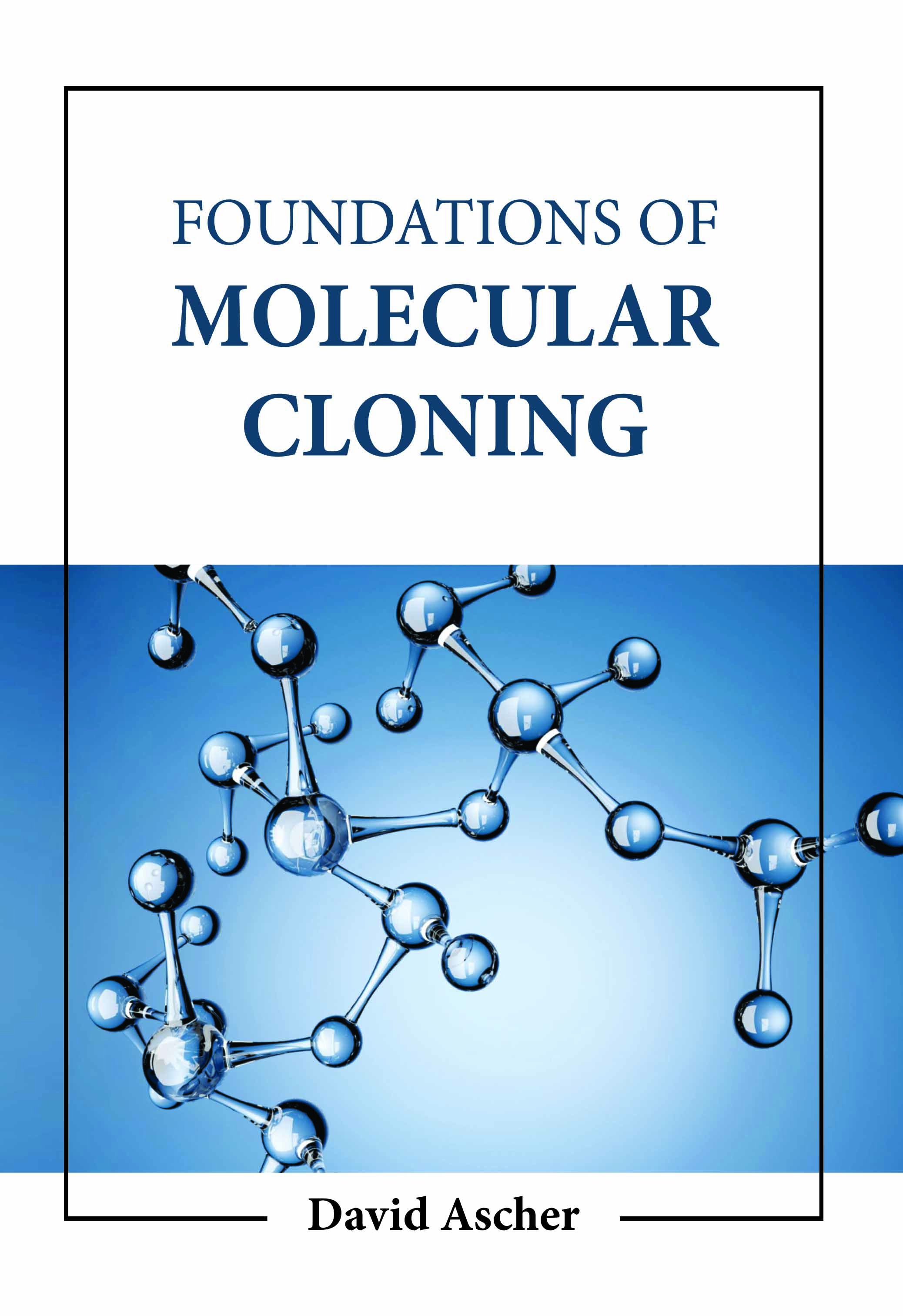
Foundations of Molecular Cloning
by David Ascher
| ISBN | 9781806249947 |
|---|---|
| Publisher | Digital Drive Learning |
| Copyright Year | 2026 |
| Price | $255.00 |

by David Ascher
| ISBN | 9781806249947 |
|---|---|
| Publisher | Digital Drive Learning |
| Copyright Year | 2026 |
| Price | $255.00 |
Molecular cloning involves assembling recombinant DNA molecules and replicating them in host organisms. Cloning refers to reproducing one molecule to create cells with identical DNA. Molecular cloning uses DNA sequences from two separate organisms: the DNA source and the living host for the recombinant DNA. Modern biology and medicine rely heavily on molecular cloning. Molecular cloning involves isolating a DNA sequence (typically a gene) from any species and inserting it into a vector for replication. Once extracted, molecular clones can be employed to copy DNA for gene sequence analysis or to produce the resultant protein for study or use. In vitro manipulation and mutation of clones can change protein expression and function. Molecular cloning is a series of technologies used to insert recombinant DNA into a vector, which replicates DNA fragments in host organisms. A bacterial or eukaryotic sample can yield a DNA fragment, which may be a gene. DNA cloning duplicates a portion of DNA. In a conventional DNA cloning method, the gene or DNA fragment of interest (say, a human protein gene) is placed into a plasmid. The insertion is done using enzymes that "cut and paste" DNA, producing recombinant DNA from several sources. This book covers concepts of gene manipulation, its methodologies, DNA replication, restriction and endonuclease, and other related enzymes.